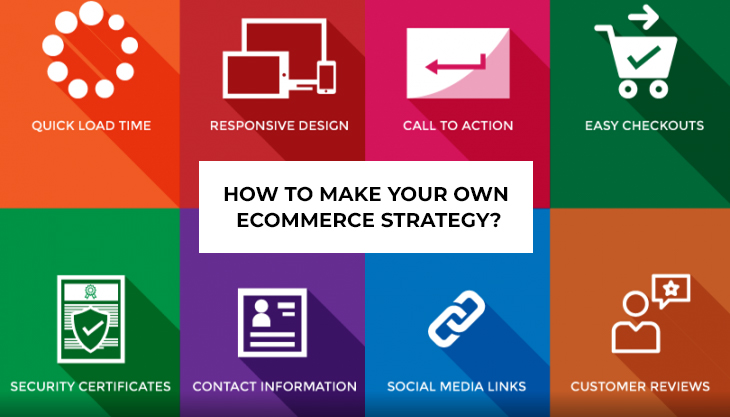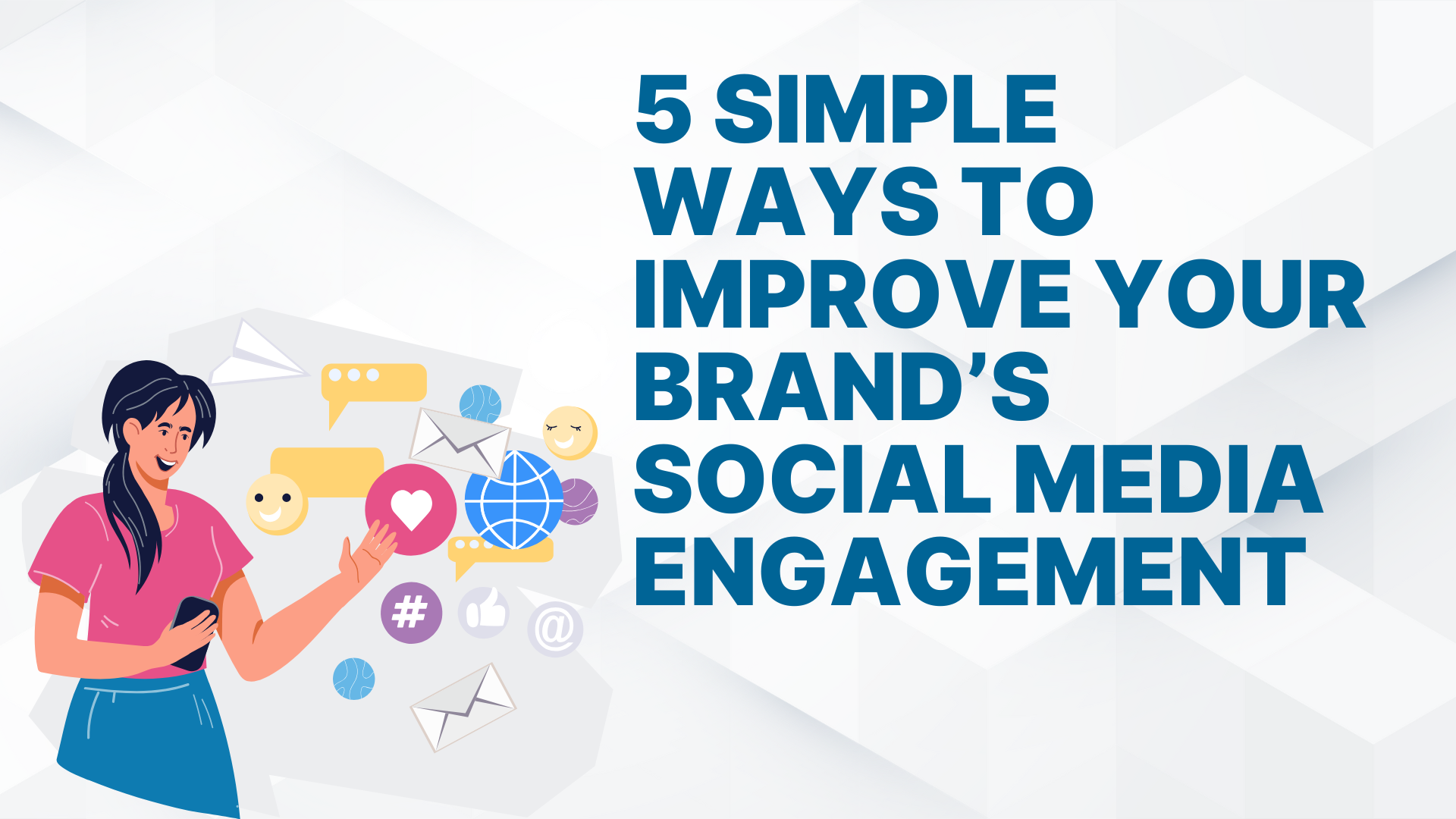You might believe the procedure isn't that difficult when you can purchase online, complete a smooth payment, and then conveniently have your favourite pair of jeans, a great new watch, or even a personalised computer brought right to your home.
The following are hints and suggestions which will help you make your own ecommerce marketing strategy. The actions listed below will not only guarantee that you launch your site as quickly and professionally as possible, but they will also position your marketing and SEO for future success, which will boost your revenue.
One-Year SEO Plan
It's tough to comprehend how lengthy and intricate the process is if you've never created an online store from the beginning. You never consider that someone has to create content and individually load each and every product when you visit an e-commerce site. Additionally, before the real listing procedure even starts, you must bargain with each manufacturer to be permitted to list their products online.
Aside from the laborious process of building the site itself, my experience working for a marketing agency taught me how frustrating it can be to have a working website and business model on which you've invested a lot of time and effort but fail to get organic traffic.
So, a year before the site launched, we began our SEO strategy while also developing our website. We needed this time for development anyhow, so why not make the most of it by accomplishing two goals at once.
The procedures listed below are effective Ecommerce business tips and ideas which will help you create an excellent E Commerce strategy:
1. Invest in a domain.
It's really simple, really. You require a domain name that accurately describes your brand. Avoid overanalyzing the procedure. You may get a domain name for about $10.00 by using a website like GoDaddy.
2. Look for a web developer.
This is an essential step in creating your online store. Make sure to conduct your due diligence when hiring a developer if you want to publish your site in a timely manner and in a professional manner. Obtain testimonials from other e-commerce sites that the developer has created.
Ask them to give you a time frame for when they expect the site to open. Make sure they have experience in graphic design so they can crop pictures to fit your website. Ask the developer if they have experience creating websites on the ecommerce platform you want to use.
Too frequently, business owners choose a developer without conducting adequate research first. Avoid having this happen to you since it could stop your website before it even gets off the ground. Please feel free to get in touch with a web design expert if you have any questions regarding how long it should take to build your e-commerce site.
3. Obtain all the documentation required to operate a legal business.
Start by registering your business, obtaining a vendor's licence, and researching legal business matters. To help you with the establishment of your business, you should speak with a nearby attorney. Despite the upfront cost, it is likely to save you a lot of trouble and money in the long run.
4. Choose an e-commerce and hosting platform.
Consider using a well-known ecommerce platform to save time and money. I suggest BigCommerce, WooCommerce, or Shopify. Since the majority of developers are familiar with these, integrating plugins, payment processing, etc. is simple.
WooCommerce is required for a skincare e-commerce site, for instance, due of WordPress's capabilities.
5. Choose a theme that supports your e-commerce goals.
You can purchase a theme from ThemeForest to discover a design that resembles the style and feel you want from an ecommerce viewpoint, which will save you even more time. They are the top website template marketplace.
Never reimagine the wheel. Download a template from ThemeForest or any comparable website rather than creating your website from scratch. Experience has shown that the customisation procedure may be highly time-consuming and frustrating. Therefore, you'll probably spare yourself a lot of hassle if you can locate a theme you enjoy.
6. Launch your website.
Take your website live as soon as you decide to launch your business, even before you list any of your products. Have a homepage, "About Us" page, and contact page made by your developer. Even if it isn't visually appealing, having a functional website will be useful for a variety of reasons:
It will first enable you to create credibility while bargaining with merchants. There won't just be a concept in your head. The second benefit is that when you contact journalists and bloggers, they may see that you are respectable and have a website. Thirdly, it will provide you with a location where all of these sources can link back to your website, which is obviously essential for improving SEO.
7. Support a Reporter (HARO)
One of the best tools for PR and SEO that any business owner or digital marketer can use is Help A Reporter Out (HARO). It's free, it generates incredible exposure (if done well), and it may genuinely change the game (again, if executed properly).
HARO offers daily possibilities for sources to land lucrative media coverage as well as a large database of sources for journalists' upcoming stories. To establish media ties and generate credibility for your website, register and utilise this resource as much as you can.
8. Personalised communication.
Personalised connections are crucial for both vendors and the media. If your SEO campaign was a success, you undoubtedly recognise the importance of individualised connections.
Don't forget to offer the website something worthwhile. To avoid your email pitching a story idea to a reporter or editor getting lost in their inbox or being deleted without being viewed, it is crucial to do your homework on those people.
9. Purchase a payment gateway.
Have you ever questioned how e-commerce websites process credit card payments? Both a payment gateway and a credit card processor are used. You probably have the most experience with PayPal or Stripe.
Do your study and be ready because getting accepted for a payment gateway and credit card processor is not a simple procedure.
Before submitting your application, make sure your website has a secure checkout process, that your privacy and return policies are in place, that you have chosen your shipping and delivery options, and that your customer support phone number and email address are operational.
10. Make package purchases and decide on shipping and storage alternatives.
You must decide how to store and ship your inventory before you can launch your website. You must decide how much storage you need before contacting your suppliers. You'll need to provide answers to some of the following questions:
Or will you keep all of your product in a warehouse and use drop shipping? Will you send and monitor packages via USPS, UPS, FedEx, or a combination of the three? What are you going to send your package in? Which package size do you require? Do your packages plan to contain any marketing materials? Are there any limitations on the products you offer in terms of shipping?
Starting an online store instead of a brick-and-mortar one has several benefits, including lower startup costs, the ability to start small or huge, and the ability to serve clients from all over the nation (or the world, if you're prepared to ship that far) every day.
Starting an online store makes sense for ambitious business owners because it's considerably simpler and less expensive to expand if necessary.

















Post Comments